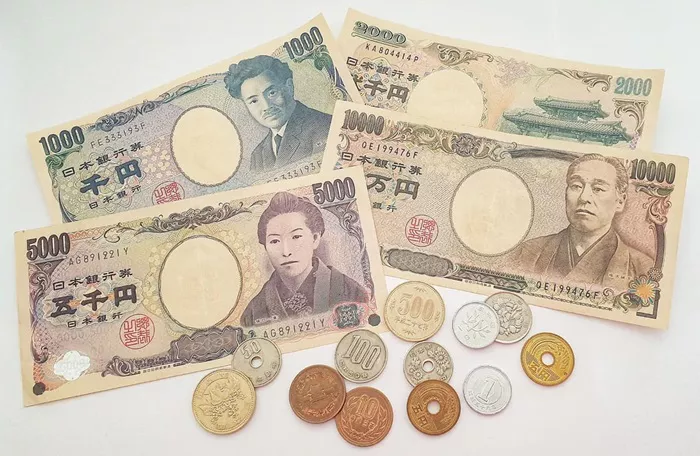Japanese retail traders have significantly reduced their bullish positions on the Mexican peso against the yen, reflecting a shift in sentiment following recent interest rate hikes by the Bank of Japan (BOJ). As of July 31, the proportion of long positions held by Japanese foreign exchange margin investors in the peso-yen pair fell to 87%, the lowest level recorded this year. This decline comes in the wake of the BOJ’s decision to raise interest rates, which aligns with the minimal level seen earlier this year. In contrast, these long positions were as high as 94.5% in early June.
The Mexican peso has experienced a sustained decline, falling for nine consecutive sessions—its longest losing streak since 2021—and has depreciated by 10% during this period, according to Bloomberg data. The BOJ’s rate hike, marking its second increase of the year, coupled with indications of potential further hikes, has triggered a swift reduction in carry trades. These trades, which typically involve borrowing in low-yield currencies like the yen to invest in higher-yielding assets such as the Mexican peso, are being unwound rapidly.
Chris Weston, Head of Research at Pepperstone Group Ltd., commented, “The peso-yen pair is in a state of freefall, and any potential rallies are expected to be brief as carry trades continue to be aggressively liquidated.”


